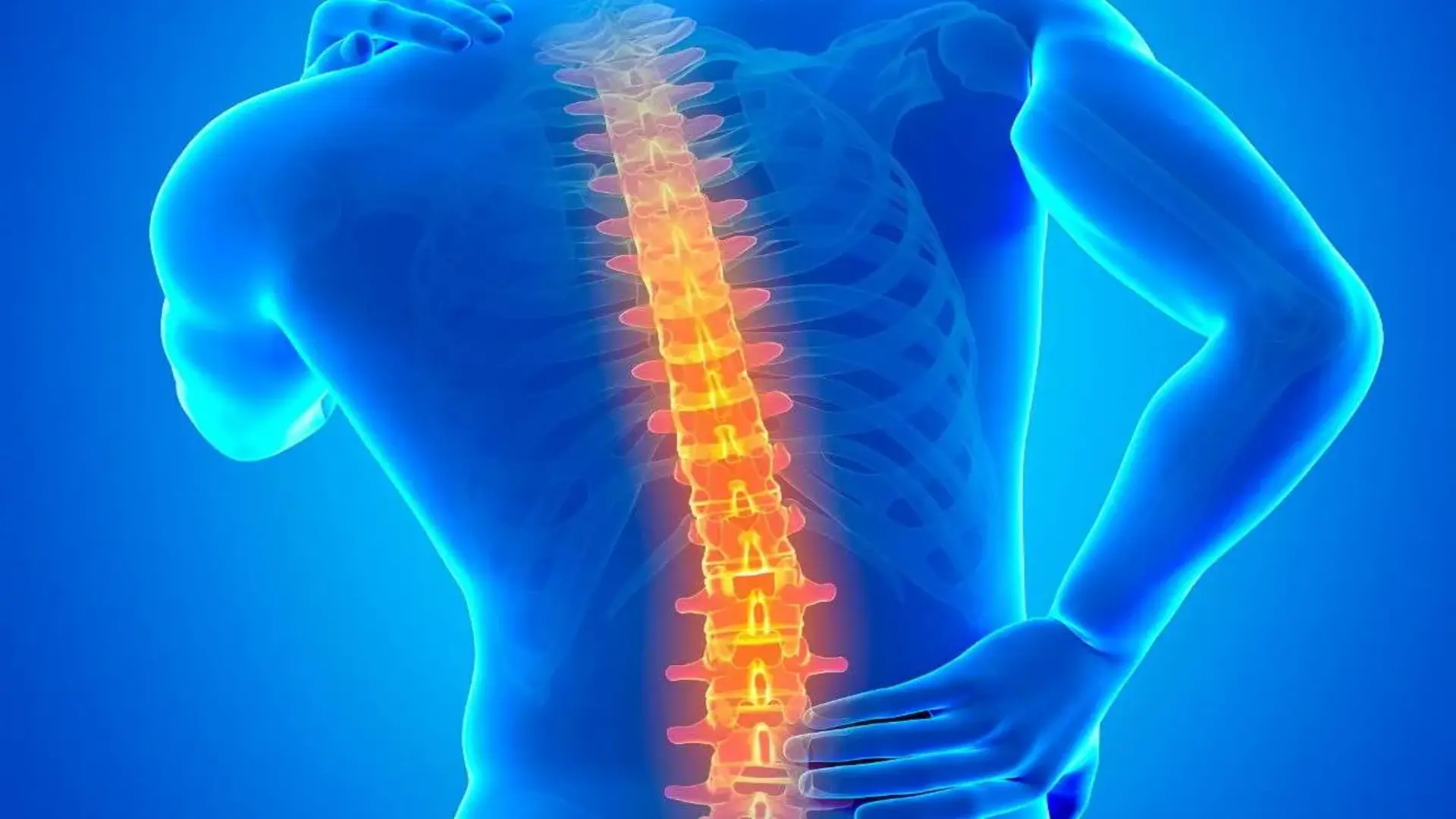This article provides a comprehensive overview of radiculopathy. The information presented here was written and compiled in collaboration with Drs. Khaled Taim, Rami Yaghi, Ayman Al-Batoush, Wael Haddad, Hisham Sammour, and Qasem Al-Baal.
Definition
Radiculopathy refers to the compression or irritation of a spinal nerve root, resulting in pain, numbness, tingling, or weakness along the nerve’s path. It is a symptom of an underlying spinal condition rather than a disease on its own.
Causes
The condition is commonly caused by herniated discs, bone spurs (osteophytes), facet joint arthritis, thickened ligaments, or spinal misalignment—all of which can compress nearby nerve roots.
Incidence
Radiculopathy affects about 3–5% of people, mostly between the ages of 40 and 50. It is more common in men and typically occurs in the cervical (C5–C7) and lumbar (L4–S1) spine.
Risk Factors
Major risk factors include heavy lifting, long driving hours, vibration exposure, smoking, trauma, and spinal tumors. These factors increase stress and wear on the spine.
Symptoms
Patients usually report radiating pain in the arms or legs, tingling (paresthesia), numbness, and sometimes muscle weakness. These symptoms follow a dermatomal (nerve-based) pattern.
Diagnosis
Diagnosis involves physical examination and imaging. X-rays may show spinal changes, while an MRI is best for identifying nerve compression. EMG may help confirm the affected nerve.
Treatment
Most cases respond well to non-surgical treatments like NSAIDs, physiotherapy, traction, and medications such as gabapentin or mecobalamin (Methycobal). Epidural steroid injections may also be used. Surgery is considered if symptoms persist or worsen and may involve decompression and fusion procedures.
Prevention
Preventive measures include maintaining a healthy weight, using proper lifting techniques, staying active, and practicing good posture. Regular stretching and strengthening exercises are also helpful.
Prognosis
With timely treatment, 90–95% of patients experience significant improvement. Most respond well to medications and therapy without needing surgery.
Conclusion
Radiculopathy is a manageable condition if diagnosed early and treated properly. Ignoring symptoms may lead to long-term nerve damage or weakness. Early care leads to better outcomes and a return to normal activity.
If you’re interested in learning more about ways to increase sales in your pharmacy, you can request a free demo of Aumet’s Pharmacy Management System. Our team of experts will explain all the details to help you start improving your pharmacy’s sales.
For common questions, click here!
Publish your article on Aumet blog!









